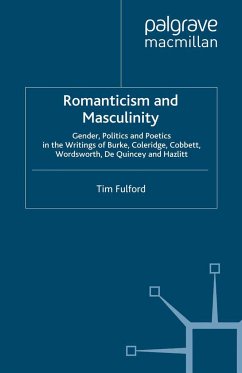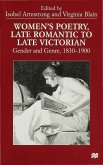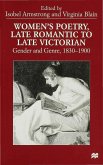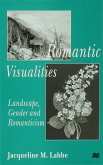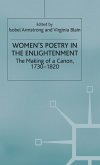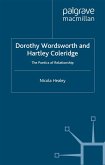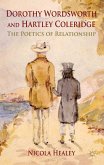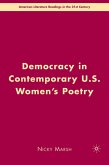This book examines the male Romantics' versions of poetic authority in theory and practice in the context of their involvement in the political debates of Regency Britain and argues that their response to Burke's gendered discourse about power effected radical changes in the definitions of masculinity and femininity. It portrays their influence on each other as a series of unstable struggles and alliances in which the formulation of an authoritative masculinity was a political as well as an aesthetic issue. The author investigates the writers' portrayals of women and their collaborations with women writers and throws new light on their nature poetry by relating it to their reactions to the sexual and political scandals of the Regency.
'Tim Fulford's new study of Romanticism and constructions of masculinity is one of the titles in the exciting new series, Romanticism in Perspective: Texts, Cultures, Histories , edited by Marily Gaull and Stephen Prickett...the titles thus far are extremely valuable and timely...Fulford very usefully places the works of Wollstonecraft, Godwin, Radcliffe, Lewis, Malthus and Mary Robinson into the context of Coleridge's early writing career...his discussion of Christabel was suggestive when he placed the text next to Godwin's Caleb Williams.' - Diane Long Hoeveler, The Wordsworth Circle

